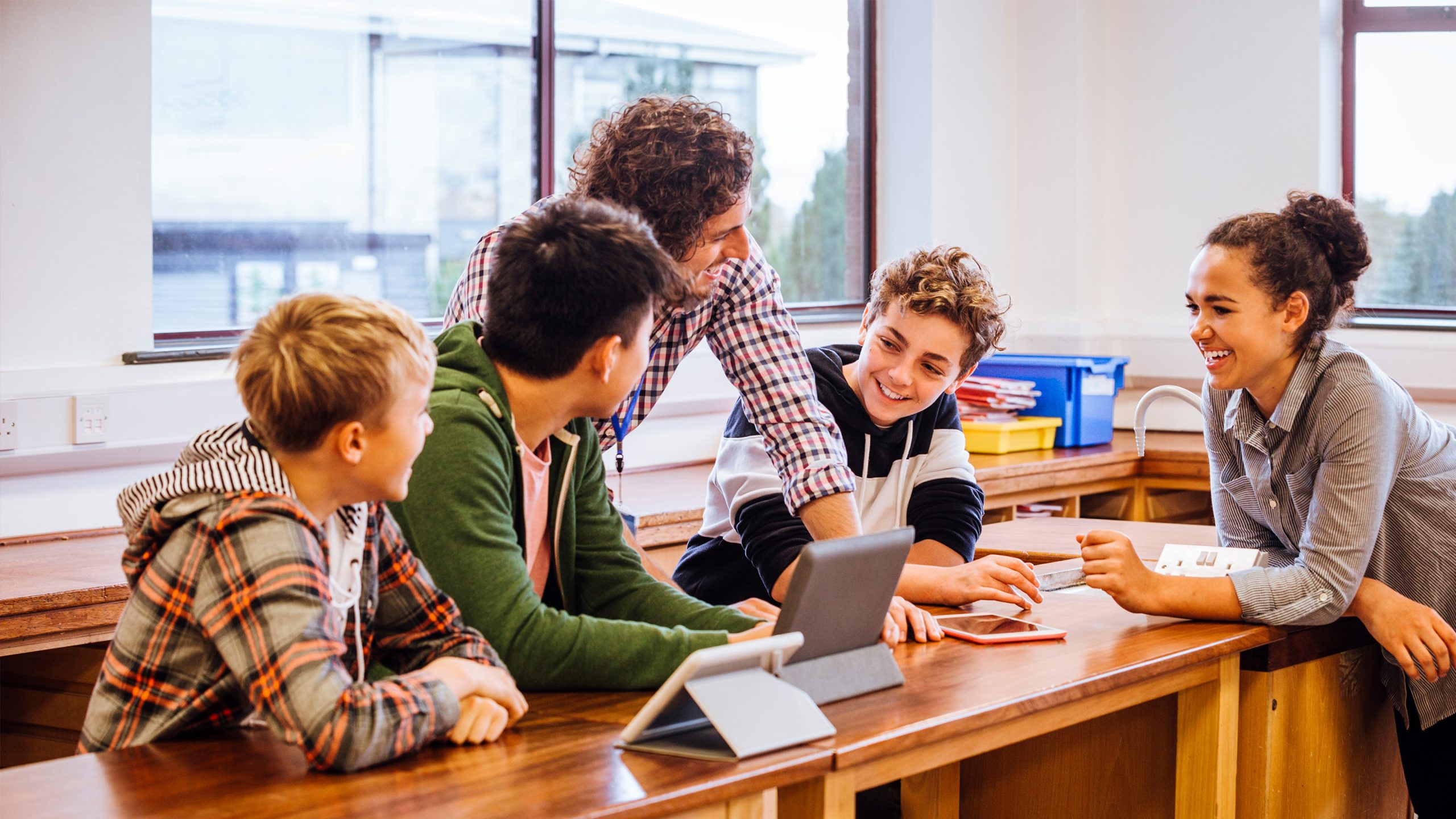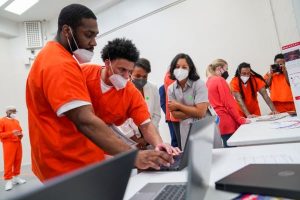Social-emotional learning (SEL) is increasingly recognized as an important aspect of education that can greatly benefit students both personally and academically. While explicit SEL strategies like emotional regulation techniques and social skills training are commonly implemented in schools, there are also implicit SEL strategies that can support academics in a more subtle but equally effective way.
Implicit SEL strategies focus on creating a supportive and nurturing classroom environment that promotes positive relationships, self-awareness, and emotional well-being. These strategies may not be explicitly labeled as SEL, but they have a significant impact on students’ social and emotional development, which in turn can improve their academic performance. Here are some implicit SEL strategies that can support academics in the classroom:
1. Building a sense of community: Creating a sense of belonging and cohesion within the classroom can have a positive impact on students’ academic success. By fostering a supportive and inclusive environment, students feel more comfortable taking risks, collaborating with their peers, and seeking help when needed. Teachers can facilitate this by encouraging teamwork, cooperative learning, and group projects that require students to work together towards a common goal.
2. Promoting positive relationships: Strong teacher-student relationships have been shown to be a key factor in students’ academic achievement. Teachers can support students’ social-emotional development by showing empathy, respect, and understanding towards their individual needs and challenges. By building trust and rapport with students, teachers can create a safe space where students feel valued and supported, which in turn boosts their motivation and engagement in their academic work.
3. Teaching growth mindset: A growth mindset is the belief that intelligence and abilities can be developed through effort, perseverance, and learning from failure. By promoting a growth mindset in the classroom, teachers can help students develop a positive attitude towards challenges and setbacks, which can enhance their resilience and grit in the face of academic obstacles. Teachers can model a growth mindset by praising students’ efforts and progress rather than just their innate abilities, and by encouraging students to embrace challenges as opportunities for learning and growth.
4. Cultivating emotional intelligence: Emotional intelligence is the ability to recognize and manage one’s own emotions, as well as understand and effectively communicate with others. This skill is essential for success in both academics and life in general. Teachers can support students’ emotional intelligence by incorporating activities that promote self-awareness, self-regulation, empathy, and social skills into their curriculum. These activities can help students develop the emotional competence they need to navigate social interactions, manage stress, and stay focused on their academic goals.
In conclusion, implicit SEL strategies play a crucial role in supporting academics by creating a positive and nurturing classroom environment that fosters students’ social-emotional development. By implementing these strategies, teachers can help students build strong relationships, develop a growth mindset, and cultivate emotional intelligence, all of which are essential for academic success. Ultimately, integrating SEL into academics can help students thrive not only in school but also in their personal and professional lives.


